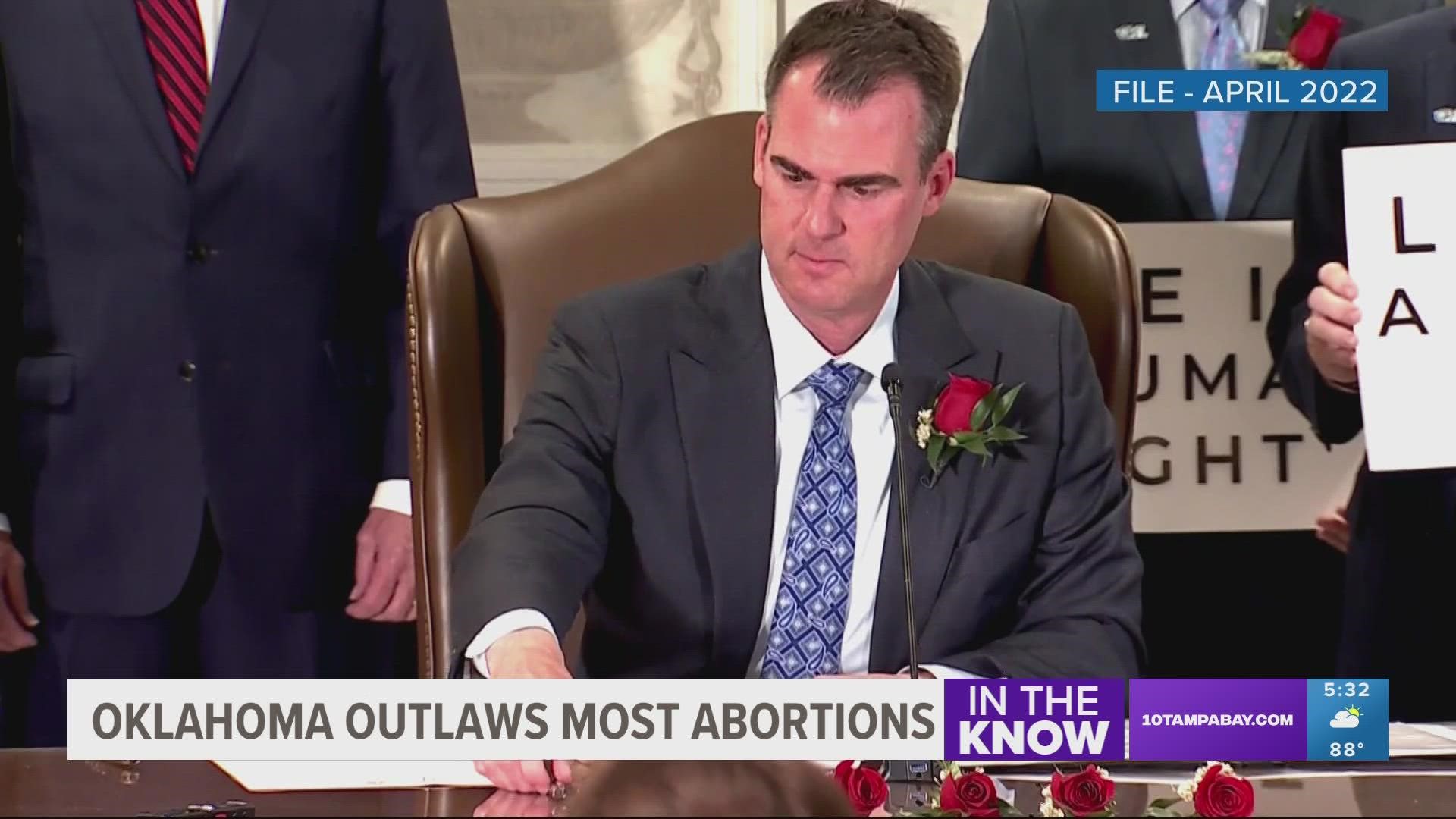TALLAHASSEE, Fla. — Among the many line items vetoed by Gov. Ron DeSantis was $2 million for a birth control program aimed at helping low-income women.
The Hormonal Long-acting Reversible Contraception (HLARC) Program was struck from the state budget. The program would have been used to provide contraceptive care to women and girls from low-income areas across Florida.
According to Planned Parenthood, an example of an HLARC would include contraceptives such as an IUC or implant.
"LARCs are the most effective forms of reversible birth control. They're safe and effective for most women and teens, and can be removed at any time at a health center if you're ready to get pregnant," according to its website.
The program also failed to make it into last year's budget. When the line item was in last year's budget, the Florida Conference of Catholic Bishops wrote a letter to DeSantis asking him to veto it, citing concerns about what the group called "abortifacients."
“Why would Gov. DeSantis veto this funding to help low-income women for the second year in a row?" Stephanie Fraim, president and CEO of Planned Parenthood of Southwest and Central Florida wrote in a statement. "Funding for this sensible investment in the health of our communities enjoys rare bipartisan support. And, thanks to President Biden, the legislature was able to pass a balanced budget with plenty of money left in reserves. To take away health care from vulnerable people is just another example of his ongoing cruelty to Floridians."
10 Tampa Bay reached out to the governor's office for a statement. In response, a spokesperson with the Florida Department of Health responded with the following statement:
"The Florida Department of Health already offers multiple forms of contraceptive, and they are available across all 67 counties. This includes hormonal LARCs and non-hormonal LARCs such as Liletta, Nexplanon, and ParaGard."
While currently challenged by lawsuits, Florida has a 15-week abortion restriction law, which is set to take effect July 1.

